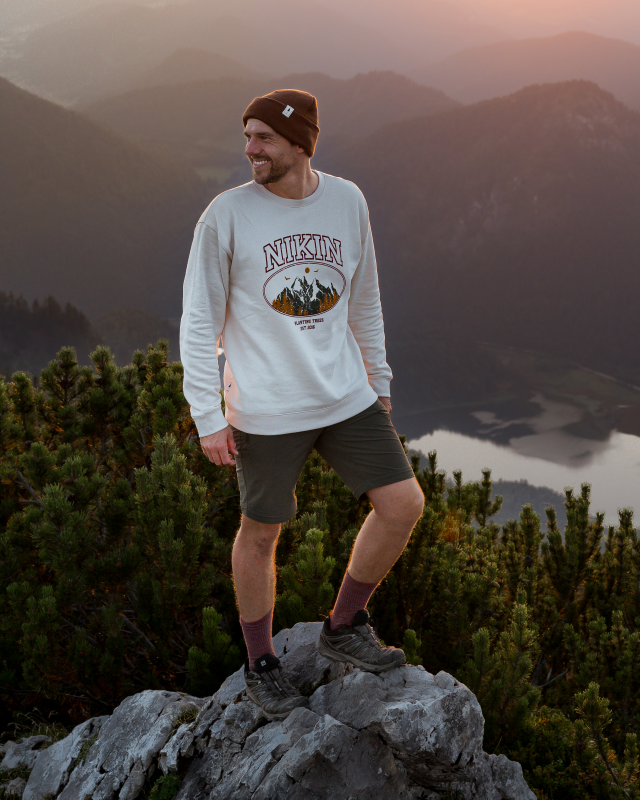If you live sustainably yourself and start a family at some point, you will not only pay attention to appropriate values when choosing a partner - your offspring should also learn from an early age how important it is to treat nature and other people responsibly. As is so often the case when it comes to people and their behavior, it can also be said here: it's easier to have fun.
Anyone who remembers their own childhood and school days usually knows that they absorbed content that inspired them. Educators, teachers and, consequently, parents or other caregivers can be sure that children and young people no longer need to be pushed once their interest has been aroused. And there are so many ways to do this in the field of nature education:
- Hikes
- Visits or vacations on organic farms
- Workshops
- Excellent documentation in terms of content and form and child-friendly presentation of the topic in books or games
Joint activities involving nature, wildlife and plants are fun and represent real experiences (no, an app is not the same thing...). It is very important that parents themselves are passionate about the cause and exemplify their own enjoyment of nature and a sustainable lifestyle.
 Image: There are many ways to bring children closer to nature.
Image: There are many ways to bring children closer to nature.
Personal behavior in everyday life: the best guide for children
Ultimately, it is the little things that make up successful environmental education: the everyday habits that children adopt and continue. A conscious approach to food, responsible consumption, exemplified values such as modesty and consideration in the right measure are a foundation that provides your children with a good basis for the rest of their lives.
This kind of behavior also corresponds to what children enjoy anyway and strengthens the family bond. For example, even the youngest children find cooking and eating together as a family, with fixed but not overly rigid table rules and lively conversation, enriching. Walks or bike rides develop motor skills as well as attention to the environment.
Even stressful aspects of parenting such as "Why we're not buying this now" can be approached in a more relaxed way if parents focus on explaining rather than forbidding - and offer alternatives.
 Picture: Leading by example - together.
Picture: Leading by example - together.
Education as a starting point: using child-friendly offers
Information that is presented in different ways and appeals to children and young people is easily accessible. There are plenty of classics that do not neglect important issues relating to sustainability - such as the cross-generational hit "Die Sendung mit der Maus" or valuable children's books that some parents may still have in their cupboards.
While for the youngest children, a child-friendly approach with fun elements and cuddly characters ensures success, older children can already be enthusiastic about very informative books or documentaries. If you don't want to buy the reading material yourself, the local library often has very attractive offers for children, sometimes with associated events.
 Picture: Information should be made easily accessible for the little ones.
Picture: Information should be made easily accessible for the little ones.
Living sustainability together
If you go beyond the options mentioned above, you can set further goals within the family that you can work towards together - for example, not using plastic or limiting car use. It is also possible to support or participate in sustainability projects. As there is now a wide range of projects, you can choose according to your own interests.
Living sustainability in the family is usually communicated to children very easily - especially when the "grown-ups" show how it's done and when a responsible lifestyle is fun. Coercion proves to be counterproductive here, especially as children sometimes do exactly the opposite of what parents want during repeated periods of defiance. With composure and good communication within the family, parents can assume that foundations laid early on will endure and shape their children's behavior in the long term.
Do you also have kids that you want to raise close to nature? How do you deal with this topic? Write to us and tell us about your experiences.
 Image: Into the wild.
Image: Into the wild.




















